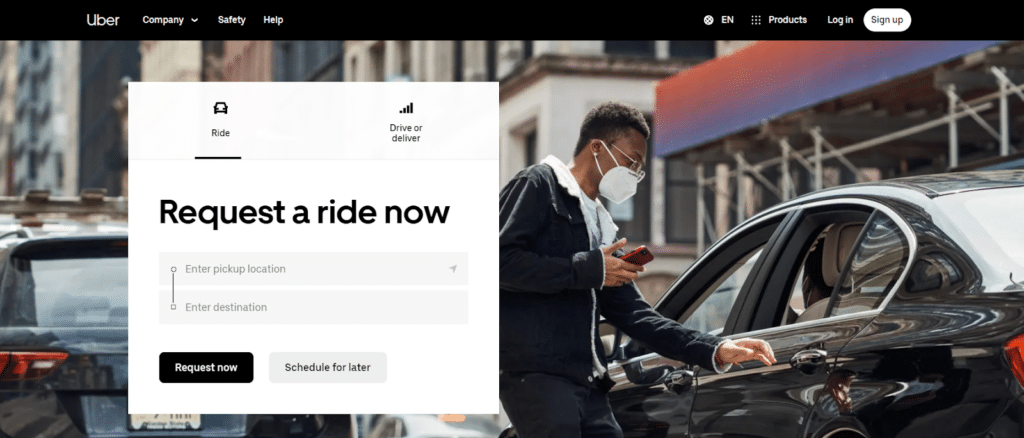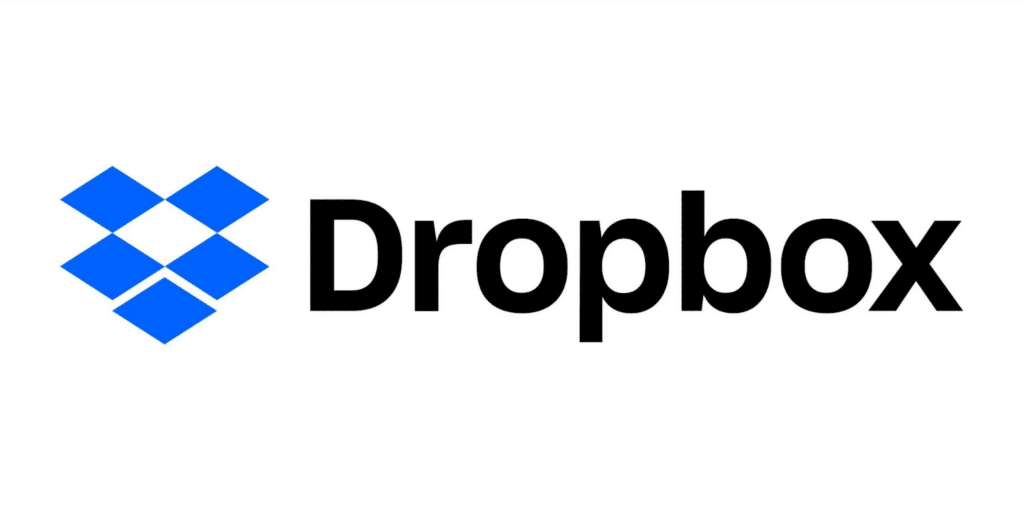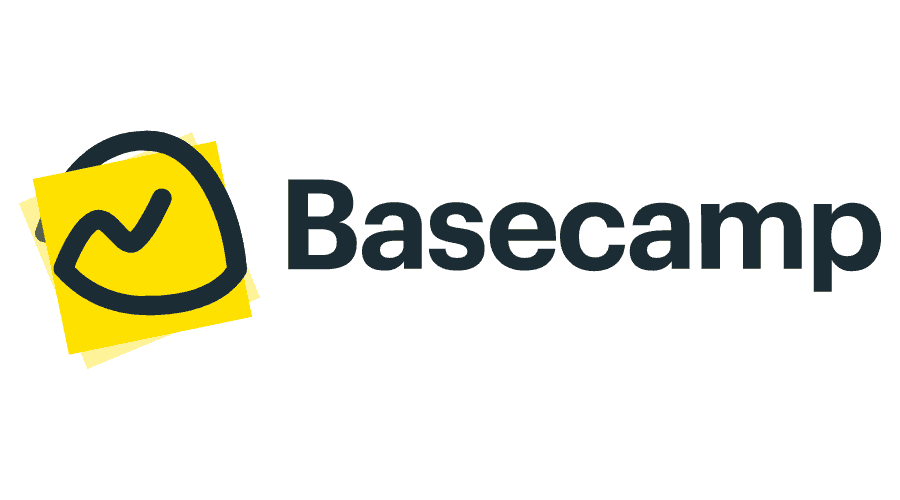MVP Case Study: Lessons Learned from Successful Companies
In this blog, we have covered extensive information related to real-life examples of companies that had applied MVP development in their process. Before moving forward, let’s discuss about some MVP case study:
- It was introduced by Frank Robinson and popularized by Eric Rise in his book “The Lean Startup.”
- The MVP model emphasizes releasing a basic version of a product to market quickly in order to gather data and feedback from early adopters.
- The goal of an MVP is to validate product-market fit and to test key assumptions about the product and its target customers.
- An MVP typically has just enough features to fulfill the core value proposition and solve the main problem it aims to address.
- The MVP model helps companies save time and resources by avoiding the development of unnecessary features and by allowing them to pivot quickly based on feedback from early adopters.
- An MVP can take many forms, including a physical prototype, a landing page with a sign-up form, or a stripped-down version of a software application.
MVP Development service will give a robust boost to your product features and functionalities. Read out the below information to check how successful companies had accomplished their business goals with MVP services:
Successful MVP Operations by Top-Notch Companies
To being honest, “Uber” plays a crucial role for most of us – we need the comfort of Uber cabs for commuting to the office, we need Uber cabs for going to meet with our friends and many more incidents. There are other organizations that also play a crucial role in our lives – such as: we need “Dropbox” saves our data on the cloud server, we need “Twitter” for getting important global news and many more.
In the below section, there will be a discussion about the success stories of top companies and the role of MVP development:
1. Uber.Inc

- At the beginning, Uber incorporated its operations with only 3 cars. The company examined the reaction of its targeted audiences and decided to validate the idea. Uber started with a small pilot program in San Francisco. At that time, they only offered a few luxury cars to select users. This allowed them to test the concept, gather feedback and refine their product before expanding to other cities.
- Based on feedback from early adopters, Uber continuously improved its MVP by adding new features and expanding the variety of car types available on the platform. Uber used data collected from its MVP to make informed decisions about product development, pricing, and marketing strategies. This helped the company to scale quickly and efficiently.
- With the help of an MVP development company, the company launched a basic version of its service and continually iterating based on feedback and data, Uber was able to validate its product-market fit and build a successful company.
2. Twitter

- Twitter.Inc started their operations as an SMS service provider.
- Twitter launched with a basic platform that allowed users to send and receive short text messages, called “tweets.” This MVP provided a minimal set of features that fulfilled the product’s core value proposition.
- Twitter used data collected from its MVP to inform its product development and marketing strategies. This helped the company to continue growing and evolving its platform.
By launching a basic version of its service and continuously improving it based on feedback and data, Twitter was able to validate its product-market fit and build a successful company. This demonstrates how the MVP approach can be a valuable tool for startups and companies looking to bring a new product to market.
Once you get results from your MVP development process then you can take services of Android app development or iOS app development for creating a mobile application.
3. Dropbox

- Dropbox launched with a basic platform that allowed users to store and share files by creating a special folder on their computers. This MVP provided a minimal set of features that fulfilled the product’s core value proposition.
- After gaining a positive reaction from the customers, the company successfully launched its product.
- Dropbox effectively validated its ideas to fascinate its targeted audiences. The use of MVP development service –
According to Macrotrends, the company incorporated a total valuation of $8.73Billion as of February 2023. The company experienced massive growth of users. In the year 2021, DropBox was reported to include 16.79 million users. The number of users of the company increased from the year 2020 to 2021.
In 2020, the company had 15.48 million users but after 1 year the user base of the company increased to 16.79 million. Moreover, you can also experience such business growth by taking use of MVP app development company for evaluating your ideas and to gain feedback from a real audience.
4. Basecamp

- Basecamp was founded in 1999, making it one of the earliest companies to use the MVP approach.
- Basecamp launched with a basic platform that provided the core features for project management, such as to-do lists, calendars, and file sharing. This MVP provided a minimal set of features that fulfilled the product’s core value proposition.
- Basecamp has a strong focus on user experience and simplicity, which has helped it to attract and retain customers.
- Basecamp’s use of the MVP approach has been a key factor in its success, allowing the company to validate its product-market fit and build a sustainable business.
MVP approach can be a valuable tool for startups and companies looking to bring a new product to market, allowing them to test their ideas, gather feedback and make data-driven decisions.
5. Groupon

- Groupon recognized the need for a platform that would provide local businesses with a new way to reach customers and offer special deals.
- Groupon launched with a basic platform that allowed businesses to offer daily deals to a large and targeted audience. This MVP provided a minimal set of features that fulfilled the product’s core value proposition.
- Based on feedback from early adopters, Groupon added new features and capabilities to its MVP. For example: the ability to offer deals for multiple cities and the creation of a recommendation engine.
Groupon was able to analyze the diverse reactions of its targeted audiences. The use of MVP development services results in generating massive opportunities for enhancing their products and development process. Apart from this, MVP development for startups can help you to accelerate your business growth by examining the ideas at an initial stage.
Business Failure Even After the MVP Operations
MVP Development for startups incorporated great sources for validating business ideas and test the business concepts. However, there are some companies that failed even after utilizing the MVP models.
Before moving forward, it is crucial to understand one thing MVP development company or MVP development processes do not provide a guarantee for success. However, the use of MVP services provides an overview to businesses about the key functionalities and features.
In the below section, three examples of companies that failed despite using the MVP will be analyzed:
1. Color Labs
Color Labs was a photo-sharing startup that launched with a highly ambitious MVP that aimed to revolutionize the way people share photos. However, despite its innovative technology, Color Labs failed to gain traction with users and eventually shut down.
- In the context of Color Labs, an MVP approach could involve launching a basic version of its imaging technology, gathering user feedback and then incorporating those insights into future iterations.
- This approach could help Color Labs validate its technology and determine the potential for its commercial success before making significant investments in development.
- Overall, the MVP approach aligns with Color Labs’ focus on innovation and rapid product development.
- By using the MVP approach, Color Labs can validate its product idea and iterate based on user feedback to improve its technology and increase its chances of commercial success.
Read about: Unlock MVP Success via Asking Thought-Provoking Questions
2. Fab.com
Fab.com was an e-commerce startup that launched with a basic MVP that allowed users to discover and purchase design-focused products. Despite initially experiencing rapid growth, Fab.com struggled to sustain its success and eventually pivoted to become a design-focused service provider.
- Fab.com, a social network for design enthusiasts, launched in 2010 with MVP allowing users to discover and purchase design products. Rapid growth resulted from expanding product offerings and marketing efforts.
- Fab.com struggled with growth and profitability due to increased competition, shifting consumer preferences, and a rapidly changing e-commerce landscape.
- To improve, Fab.com pivoted from e-commerce to a design-focused service provider offering design-related services. Despite this pivot, the company failed to generate significant growth and eventually struggled to survive.
- The failure of Fab.com highlights the challenges that startups and companies face, even when using the MVP approach. Companies must be aware of shifting market conditions and consumer preferences and continually iterate and improve their products based on feedback and data. Startups must also be prepared to pivot their product or business model if their initial efforts do not prove successful.
Read more: Creating a MVP for Your Mobile App: Best Practices and Tips
The Final Words
We know that you are eagerly searching for a reputable mobile app development service provider that also provides MVP services. At Amplework, we are recognized several times for our top-notch mobile app development company in an effective way.
Our team of experienced developers incorporates prowess into diverse areas and we can help you in validating your ideas at an early stage through our profound MVP solutions. So, connect with our project managers and experience streamlined operations.


 sales@amplework.com
sales@amplework.com
 (+91) 9636-962-228
(+91) 9636-962-228





